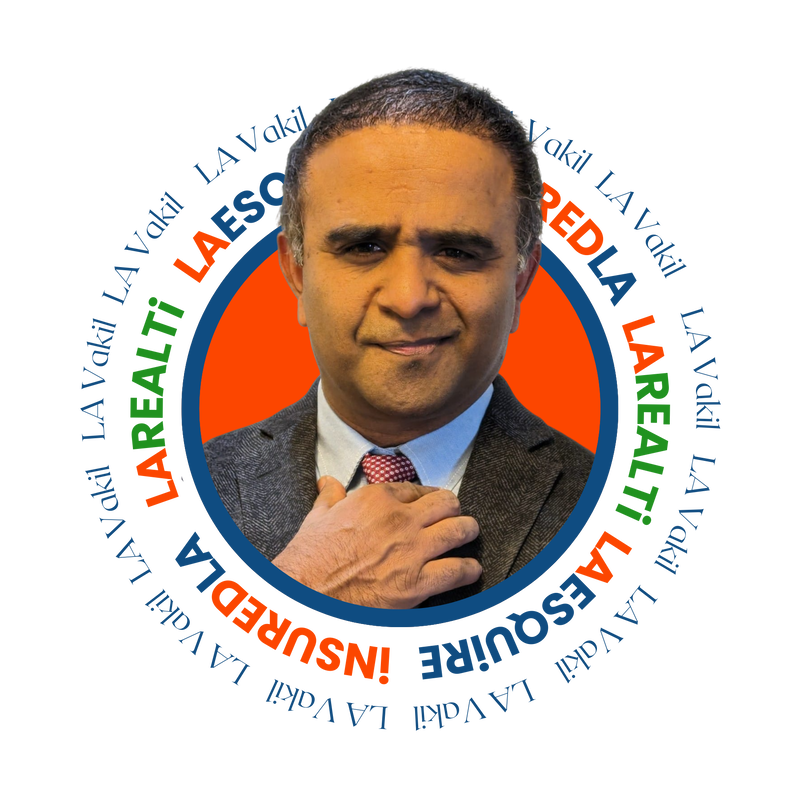|
CONSERVATORSHIP is a legal proceeding, when an adult can no longer make or communicate safe or sound decisions about his or her person and/or assets. The individual may also become susceptible to fraud or undue influence, leaving them vulnerable to scam artists or identity thieves. Conservatorship provides protection and care for adults with dementia, mental illness or other mental impairments
The Need When a person is unable to make informed decisions for himself or herself due to a mental incapacity, whether those decisions involve health care or finances, someone else needs authority to assume responsibility for that person’s affairs. Unless someone else has pre-existing legal authority to act, the court must be asked to appoint someone to assist. If a person cannot make his or her own informed decisions, the court will be asked to appoint a guardian or a conservator, depending on the laws of the state where the person resides or is found. What You Need to Know A guardian (for minors) or conservator can be appointed for any person who needs assistance making decisions, such as: an older person, a person with disabilities, a minor, a person temporarily incapacitated, and, in some states, a person who desires a voluntary guardianship for his or her property. A guardian is sometimes necessary to prevent the exploitation or abuse of a vulnerable person, or to recover assets wrongly taken from the vulnerable person. A guardian or conservator can only be appointed if a court hears evidence that convinces it that the person lacks mental capacity in some or all areas of their life and needs assistance. The person alleged to be incapacitated has a right to an attorney and to object to the appointment of a guardian or conservator for him or her. A person who has a guardian or conservator appointed for him or her is often called a “ward”. Guardians and conservators have great power, but are required to report to the court. Guardians frequently make decisions about where their ward will live, with whom the ward associates, how the ward’s property is invested, what type of financial benefits the ward needs, and the type and scope of health care needs required by the ward. Whenever possible, the guardian or conservator must seek the input of the ward and must only act in areas authorized by the court. Guardians and conservators are frequently required to post a bond, or place the ward’s funds into protected financial accounts that can only be used with prior court approval. Guardians and conservators will often need to seek the court’s permission before selling or disposing of property, before entering into contracts, and before making major decisions about the ward’s life. At the time the guardian or conservator requests court permission for these actions, the ward is often entitled to notice of the request being made, and the ward’s spouse, children and other next of kin may also need to be notified. Guardians and conservators are also required to report to the court regarding their ward’s property, finances and expenditures, usually on an annual basis, or more frequently as the court may require. They are also typically required to report at least annually about the ward’s person and his or her health care needs. Guardianship or conservatorship, when properly used, are beneficial methods of protecting an incapacitated person for whom no other means are available to assist with making informed decisions. The continuing involvement of the court provides added protection for the ward and those interested in the ward’s welfare. Where to Go For Help If you know a family member or friend who needs the assistance of a guardian or conservator, you should contact an attorney who is familiar with this area of the law so that the correct documents can be prepared and filed with the appropriate court, and so the correct procedures will be followed. The attorney knowledgeable about guardianship or conservatorship should be able to advise you of potential suitable alternatives for assisting the person needing assistance, such as durable powers of attorney, appointment of a health care surrogate, and living trusts. Some planning options may be available for your family member or friend, even if you believe they need assistance with making some decisions, and an attorney well-versed in this area should be sought. If someone has filed a court document known as a “petition” which seeks a guardian or conservator for you, you should contact an attorney experienced in this area of the law (if one has not been appointed for you, or if you do not want the appointed attorney). Either a court-appointed attorney or one that you hire can advise you regarding your rights, the procedures that are required, and choices you have. Some issues you may want to discuss with your attorney are whether to oppose the petition for a guardian or conservator; whether to request other options for yourself; whether you can choose your guardian or conservator; and other methods for protecting your legal rights. Our Role We have substantial expertise in establishing, defending, and administering guardianships and conservatorships. |
Related Estate Planning ServicesPROTECTING CHILDREN
Did you know that if something happens to you (incapacity or death) and you have not appointed guardians for your minor children, they will usually be sent to child services? The courts will then decide legal guardians for your minor children. If you do not want an unwanted abusive relatives or a stranger to be your minor children’s guardian and misuse your assets, we strongly recommend our Legally Protected Children’s package. Our advanced trust package includes the legally protected children package. Not only does our advanced trust package include documents appointing permanent guardians for your minor children, it also includes documents appointing temporary guardians so that your children will not be sent to child services during your incapacity or unavailability. If you have a trust and/or a will without provisions appointing guardians for your children, we can help. Note: Wills only appoint permanent guardians, not temporary ones. Even with a will your children are vulnerable during your incapacity. Legally Protected Children package includes the following documents: 1) Appointment of Temporary Legal Guardians 2) Appointment of Permanent Legal Guardians 3) Medical Health Care Power of Appointment for the Minor Child 4) HIPAA document 5) Instructions to Permanent Legal Guardians 6) Instructions to Baby Sitters 7) Emergency Family Cards Related Insurance Services |
|
DISCLAIMER:: LAVakil is an information only website about Estate Planning, Insurance and Real Estate issues in California. It does not provide any services, nor does it do business under the name of LAVAKIL. LAVakil only brings LAEsquire, iNSUREDLA AND LAREALTi together. LAVakil's owner and proprietor, Shekhar Chikhalikar, is a lawyer, a Realtor, and a P&C insurance agent and can be contacted directly to help you with whatever your Insurance or Real Estate, or Legal situation may be. |
CONTACT
Shekhar Chikhalikar, Esq Text or Call: 818 714 1789 Email: Shekhar@LAVakil.com 21606 Devonshire Street, Suite #4864 Chatsworth, CA 91313 LIC#: 4004589 SBN#: 2497088 DRE#: 02118273 |

















